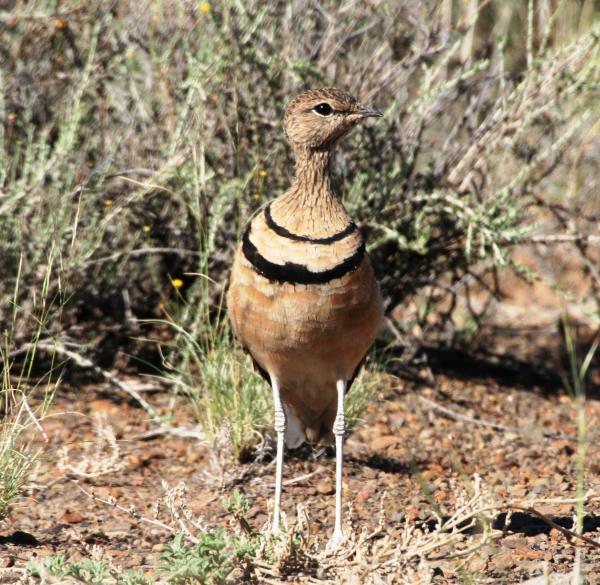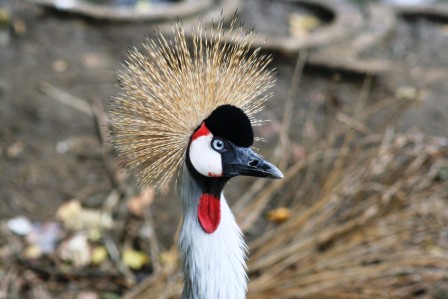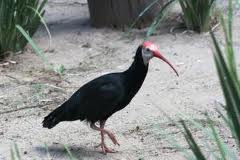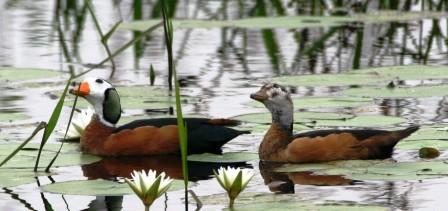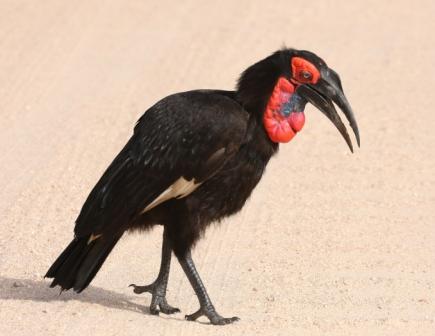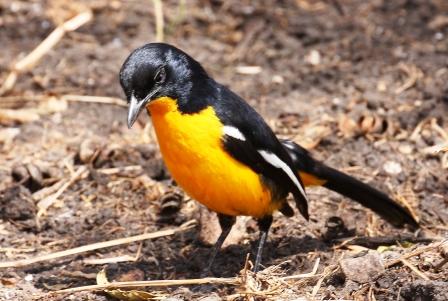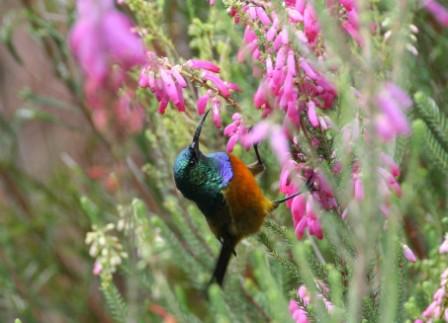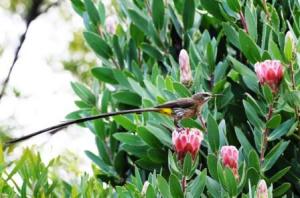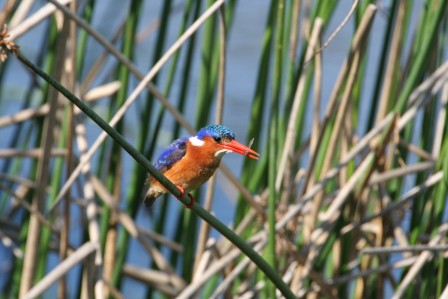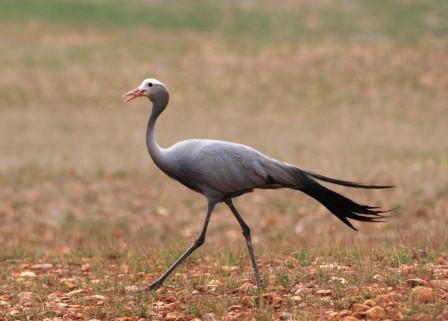|
|
JOIN OUR MAILING LIST |
|
Newsletter / Blog 2011-08-09 The National Bird of the United Kingdom - European Robin - Erithacus rubecula The European Robin - Erithacus rubecula- most commonly known as the Robin, is the national bird of the United Kingdom. The male and female are similar in colouration, with an orange breast and face lined with grey, brown upperparts and a whitish belly. The legs and feet are pale brown and eyes are black. The bill is short, pointed and black. It is found across Europe, east to Western Siberia and south to North Africa. It is sedentary in most of its range except the far north. It is a compact songbird and a common sight in many gardens, woodlands and backyards. This is one of the most common garden birds in Europe. Summer populations extend as far north as Scandinavia and west through much of northern Europe, while winter migrants may visit the edge of northern Africa and the Middle East. Despite their amiable appearance, however, these can be very aggressive and territorial birds. Populations in the British Isles are generally tamer and may even be fed by hand, but European robins elsewhere are often elusive. The typical call is a rapid “tik-tik-tik-tik-tik.” They have a fluting, warbling song in the breeding season. Both the male and female sing during the winter, when they hold separate territories, the song then sounding more plaintive than the summer version. In autumn and winter, robins will supplement their usual diet of terrestrial invertebrates, such as spiders, worms and insects, with berries and fruit. They will also eat seed mixtures placed on bird-tables. Robins may choose a wide variety of sites for building a nest. The nest is composed of moss, leaves and grass, with finer grass, hair and feathers for lining. The breeding season, which commences in March in the UK with five or six cream/buff/white, speckled or blotched eggs laid. A mated pair may produce 2 to 3 broods each year. Incubation is between 12 to 14 days. Both parents care for the young for between 14 to 16 days when the young leave the nest.
|
| Back | Back to top |
 |  | Cape Town Tourism  |
|||||||||||||

